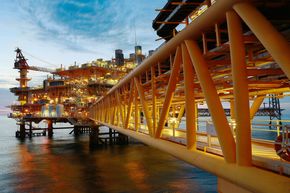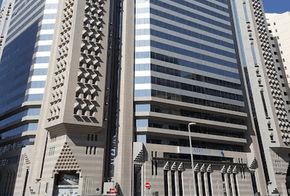Pressure Safety Valve Training

- Online (Microsoft Teams)
- +971 562069465
- info@velosiaims.com
-
Velosi is conducting Pressure Safety Valve Training
A safety valve is a valve that functions as a fail-safe pathway. During the industrial revolution, safety valves were first developed for use on steam boilers. Early boilers were prone to explosion unless they were carefully operated. Spring-loaded and pilot-operated pressure safety valves will be in service for PSV, Pilot-operated relief valves are a subset of pressure relief valves, when the pressure or temperature exceeds preset limits, a pressure relief valve (PRV) automatically releases a substance from a boiler, pressure vessel, or from any other system. A rupture disk is a leak-proof, poor option for single emergency use.
-
By the end of this course, participants will be able to:
- Identify and determine the different types of PSVs, such as conventional, bellows, and pilot-operated.
- Evaluate and explain productive function and operation methodologies.
- State common inadequacy factors.
- Identify and evaluate PSVs that are conventional, bellows, or pilot operated, testing, and productive certified operations.
- Productively recognize key elements in strip and refurbishment.
- Efficiently summarize the reference data and technical recommendations for choosing safety valves for various applications.
- Deeply understand cover terminology, standards, codes, basic design, troubleshooting, and installation.
-
Training will be conducted via Microsoft Team Meeting. Meeting invites will be shared one day before the first day of training.
Face-to-face training is available as per request.
-
04 Days of training from 09:00 AM to 03:00 PM GST (UAE Time)
-
- Presentation Slides
- Study References
-
Upon successful completion of training, participants will receive a “Pressure Safety Valve Training" course completion certificate.
-
- This course is appropriate for a wide range of professionals but not limited to:
- Individuals seeking knowledge and basic understanding in the oil and gas industry, safety, its application, and methodologies.
- Individuals working as engineers, project managers, mechanical engineers, technicians, operators, and professionals in the oil and gas industry.
- Individuals who wish to enhance their career opportunities in the field of oil and gas, and its safety implications.
Course Outline
-
- Devices, concepts, and descriptions.
- Importance of setting the pressure.
- Overburdening and accumulation.
- Counter pressure effects and terminology.
- Blowdown and reseat pressure.
- Valve types and components.
- Disks that rupture and fail.
- Valve type calculation and selection.
- Traditional Balanced Pilot methodology.
- Gas, liquid, steam, and biphasic discharge areas.
- Usage of multiple valves for execution.
- Specification for PSV.
- Optional size selection.
- Choosing valuable materials.
- PSV’s necessary accessories.
- Pilot operated PSVs.
- PSV testing verification/witnessing.
- Rupture disks specifications, including types, concepts, and accessories.
- Disk varieties and their importance.
- Range of fabrication.
- Materials for Rupture Tolerance.
- Accessories for PSV’s.
- API STD 2000 and ASME I valve.
- Productive usage of ASME I valves.
- The use of API STD 2000 valves.
- Dimensions and specifications.
- SIL and safety valves.


